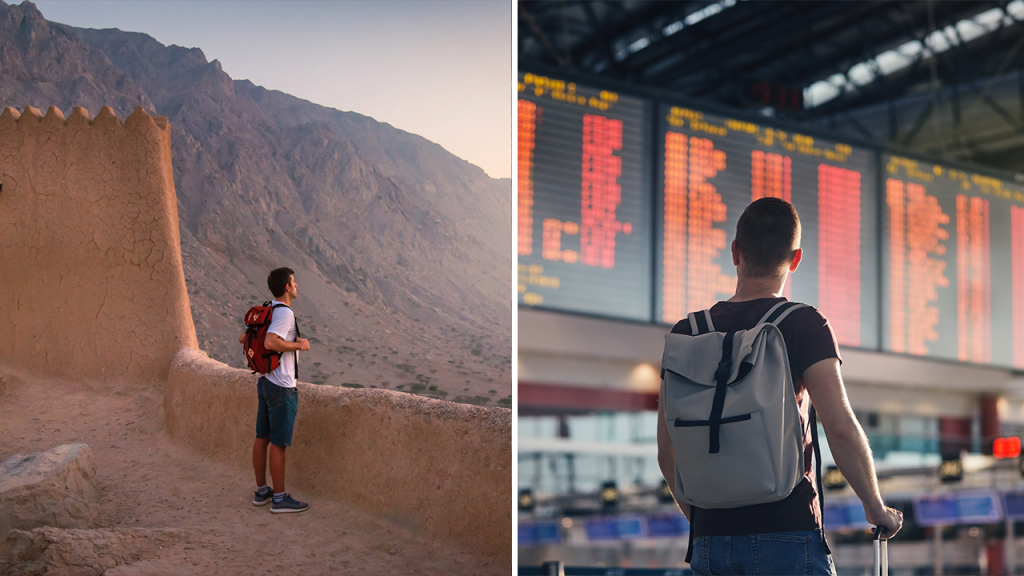Some tourists are no longer seeking a relaxing vacation but rather are on the hunt for serious adventure, according to travel experts who shared insights with Fox News Digital. This trend, known as dark tourism, involves travelers visiting countries such as Iraq, Iran, and Afghanistan where certain events or situations have occurred. For example, one man in his 20s from Kansas City, Missouri, backpacked through Afghanistan seeking experiences dissimilar from his suburban upbringing. Rob DelliBovi, CEO of RDB Hospitality Group, refers to this trend as “thematic travel” where people collect experiences, some more sinister than others.
DelliBovi noted that some people travel to risky areas for the added thrill of being there and making it out safely. He mentioned that the Middle East, Central America, and Africa see the most volume of visitors to dangerous areas. However, visiting such places can be risky as there is a reason why they are designated as “do not travel” areas by organizations like FocusPoint, which specializes in providing emergency responses for individuals and organizations. They have observed instances where countries went from a recommend-against-travel Level 3 to a do-not-travel Level 4 during a visitor’s stay.
A State Department spokesperson explained that countries are assigned Travel Advisory Levels 1-4 based on established risk indicators such as crime, terrorism, civil unrest, natural disasters, health risks, wrongful detention, and other potential dangers. Countries like Afghanistan, Lebanon, Haiti, Iran, and Bangladesh are among those listed as Level 4 “do not travel” areas. However, Americans are not required to register their travel with the government, so the exact number of citizens in dangerous countries is unknown. A FocusPoint international senior director emphasized that in most cases, the government will not assist individuals in dangerous situations and evacuation is unlikely.
FocusPoint memberships do not cover in-country responses for individuals who travel to countries with “do not travel” guidance from their home country’s government. The U.S. State Department noted that during emergencies, their ability to provide assistance may be limited, and conditions in any country can change at any time. Despite the risks, more travelers are seeking adventure in dangerous areas, adding an element of thrill to their vacations. Some tourists are willing to visit regions with a history of natural disasters, mass murders, or political unrest, under the trend of dark tourism, as they collect experiences that differ from their everyday lives.


